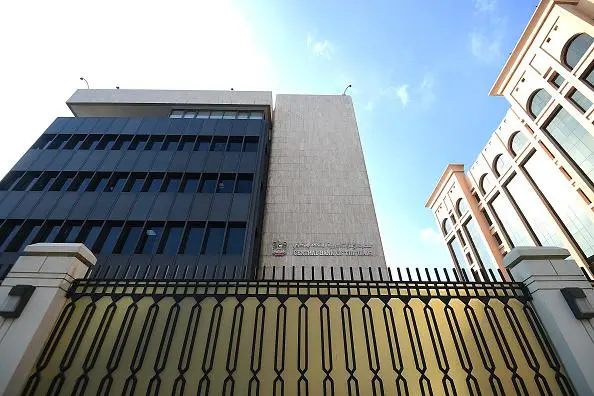PHOTO
The Central Bank of UAE has issued new guidance on anti-money laundering and combating the financing of terrorism (AML/CFT) for licensed financial institutions (LFI) providing services to the real estate sector, and dealers of precious metals and stones (DPMS).
For all customer dealings, LFIs are required to perform appropriate customer due diligence and report any behaviour that they reasonably suspect may be linked to money laundering, financing of terrorism or a criminal offence by submitting suspicious activity reports directly to the UAE’s Financial Intelligence Unit using the “goAML” portal.
LFIs providing services to real estate and precious metals and stones sectors specifically should assess the associated money laundering and terrorist financing risks and develop an effective AML/CFT programme that encompasses a competent compliance officer and provides training for LFIs’ employees on said risks.
Khaled Mohamed Balama, Governor of the CBUAE, said: “This Guidance serves as a key point of reference for those providing services to real estate and precious metals and stones sectors and is set to further increase the efficacy of licensed financial institutions in contributing to the stringent national efforts in the field of AML/CFT.”
The guidance, which came into effect on 20 June, will assist the understanding and mitigation of risks as well as the effective implementation by LFIs of their statutory AML/CFT obligations, as outlined in Federal Decree-Law No. (20) of 2018 on AML/CFT and the Cabinet Decision No. (10) of 2019.
The guidance takes also into account the standards and guidance issued by Financial Action Task Force (FATF).
The FATF’s Mutual Evaluation Report of the UAE issued in April 2020 stated that the two sectors of real estate and precious metals and stones are weighted as highly important in terms of risk and materiality in the UAE.
While the nature and extent of the risk posed by the two sectors to the LFIs providing them with accounts and other financial services is different, they do share common characteristics that LFIs should recognize and take into account, the report said.
While both sectors are important parts of the UAE’s economy, "experience shows that these sectors offer services that are particularly attractive to illicit actors," the guidance report said, adding, despite their different natures, both sectors allow individuals to move large values across international borders, sometimes with only minimal involvement from the formal financial system.
“For example, a courier carrying a valuable diamond can move millions of AED of value simply by taking a short international flight. In addition, the real estate and precious metals and stones sectors allow individuals to hold value in a form that retains value over time (such as gold or real property) without having to maintain an account in the formal financial system. These facilities are useful to many legitimate businesses, but are also highly sought-after by illicit actors," CBUAE said.
The report further talks about understanding and assessing risks related to Dealers in Precious Metals and Stones (DPMS) and the real estate sector as well as key considerations for both based on a risk-based approach as well as from the point of view of customer due diligence and enhanced due diligence.
The full report can be accessed here:
(Reporting by Seban Scaria; editing by Anoop Menon)
Disclaimer: This article is provided for informational purposes only. The content does not provide tax, legal or investment advice or opinion regarding the suitability, value or profitability of any particular security, portfolio or investment strategy. Read our full disclaimer policy here.
© ZAWYA 2021





















